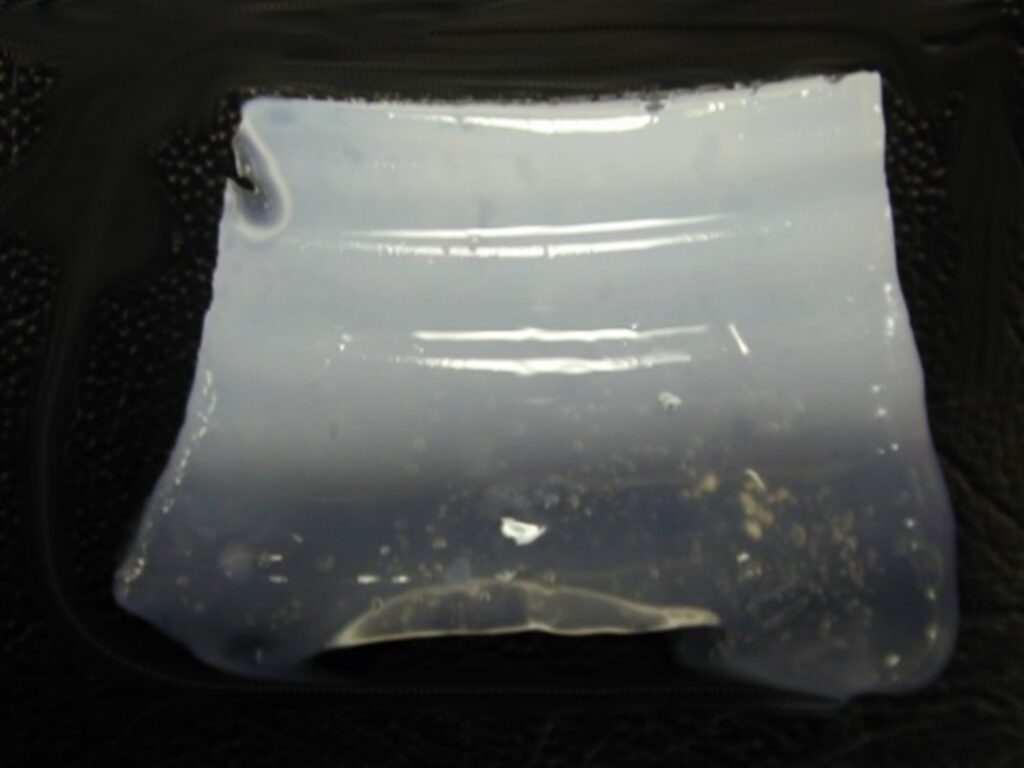On May 6, 2025, the ASTM Workshop on the Characterization of Hydrogel Medical Devices brought together researchers and engineers to discuss current test methods for hydrogels in medical devices. Led by Stephen Spiegelberg of Cambridge Polymer Group, the workshop focused on current test methods, industry challenges, and the need for new standards.
Why Are ASTM Standards and Workshops Important?
ASTM standards play a crucial role in the medical device industry by:
- Establishing best practices for testing methods for researchers, especially those new to the field.
- Improving repeatability and accuracy across different laboratories.
- Assisting regulatory agencies in verifying the quality and reliability of submitted data.
- Providing companies with confidence that their test methods will withstand regulatory scrutiny.
ASTM workshops are designed to:
- Share the latest understanding and best practices on the topic area within the industry.
- Gather feedback from regulators on test methods to facilitate regulatory clearance.
- Identify gaps in current testing methods and associated standards.
- Establish task groups to develop new and improved standards.
Identifying Hydrogel Gaps and Needs in Hydrogel Characterization
A notable finding of the May 6th workshop was that only two relevant standards for hydrogel testing currently exist across ASTM, ISO, and USP. This lack of established guidance highlights a significant unmet need, especially as hydrogels are being used more often as structural components rather than just as coatings.
The workshop presentations covered a range of topics, including:
- Chemical risk analysis of hydrogels
- Development of animal models for safety and effectiveness testing
- Evaluation of high-water-content hydrogels
- Characterization of degradable and specialized hydrogels
Standardization Priorities
During a closing discussion led by co-chair Jon Moseley, participants identified several top priorities for new standards, with the development of a common terminology for hydrogels emerging as a particularly urgent need. Inconsistent language can create confusion among manufacturers, regulators, and end users, so establishing clear definitions is essential.
Other priorities for standardization include:
- Friction measurements
- Mechanical testing methods
- Dynamic property assessment (rheology and DMA)
- Accelerated aging protocols
- Environmental conditioning
- Chemical risk assessment, particularly regarding solvent selection
Mechanical testing and accelerated aging generated the most discussion, as they appear to be the most challenging currently. Chemical risk assessment was also a discussion, particularly with regards to solvent selection for chemical characterization. Task groups are being formed to address these topics, and participation from those with relevant experience is encouraged.
Looking Forward: Opportunities and Advice
For those new to hydrogels, it’s important to recognize that standard test methods for other polymers, such as thermoplastics, elastomers, and thermosets, may not be suitable due to hydrogels’ unique properties and greater batch-to-batch variability. As one participant aptly summarized,
“Hydrogels always find a way to mess with you.”
Manufacturing hydrogel devices presents ongoing challenges related to their compliance, temporal variability, and unique chemistries. As hydrogels are used in more advanced applications, such as degradable implants or piezoelectric devices, the need for robust, widely accepted testing standards will only grow. Regulatory requirements are currently quite stringent for hydrogels, particularly degradable ones, due in large part to lack of industry-wide experience with these materials.
Collaboration between experienced developers and regulatory agencies will be vital as new standards are developed. If you are interested in contributing to these efforts, please contact Cambridge Polymer Group at info@campoly.com. Stay tuned for further updates as the ASTM task groups work to advance hydrogel testing standards and support innovation in medical device development.

